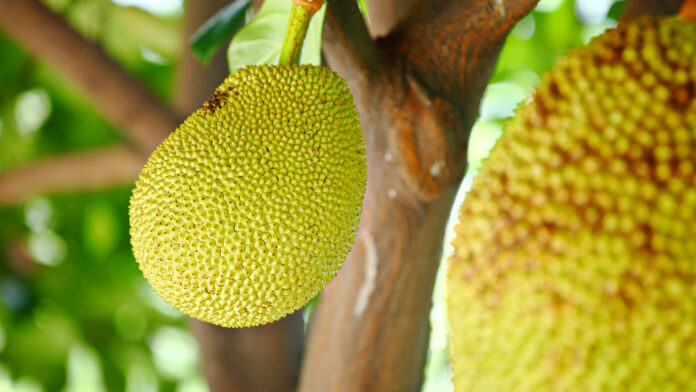The Philippine Council for Agriculture, Aquatic and Natural Resources Research and Development (PCAARRD) is supporting a project to conduct nutritional analysis of indigenous vegetables, Department of Science and Technology (DOST) Secretary Fortunato de la Peña said.
In a taped report aired on Friday, he said 12 vegetables commonly used by Filipinos will be involved: wild ampalaya (bitter gourd), labong (bush sorrel), erwad (black-jack), lupo (sessile joyweed), camansi (breadnut), kulitis/uray (spiny amaranth), papait (jima), amti (glossy nightshade), dadyos (pigeon pea), pannalayapen (chemperai), sapsapon (fireweed), and langka (jackfruit).
“The nutritional information on these selected indigenous vegetables will help popularize them and boost their consumption,” he said.
De la Peña added that the results of this study can serve as a guide to the research and development (R&D) efforts.
The project will run for one year, and will be led by Dr. Lorna Sister of the Institute of Crop Science, College of Agriculture and Food Science (ICropS-CAFS), and will be implemented by the University of the Philippines – Los Baños (UPLB).
Samples will be collected from different locations nationwide, according to de la Peña.
As of posting, de la Peña is yet to respond as to what kind of support would be provided by PCAARRD, and when does it target to commence the project.
Meanwhile, de la Peña also reported that a team from UPLB recently partnered with the Food and Nutrition Research Institute (FNRI) in conducting the “Oh My Gulay! (OMG) Sa FNRI: A Step Towards Biodiversity” online training.
The training is expected to promote homestead food production among Filipino households and was attended by over 50 participants.
“It focused on the principles and practices of edible landscaping, as well as its potential contribution to achieving food and nutrition security among Filipino households, especially in this time of pandemic,” he said.
The two-day training is part of the “Edible Landscaping Technology Promotion and Information Dissemination Campaign Project”, funded by the Department of Agriculture – Bureau of Agricultural Research, de la Peña added.


